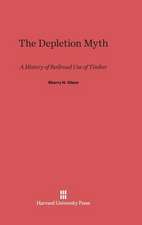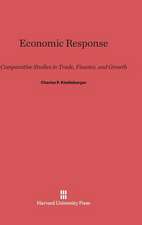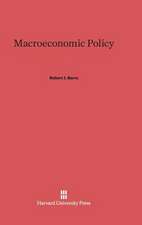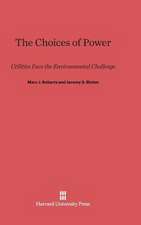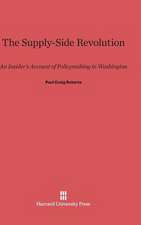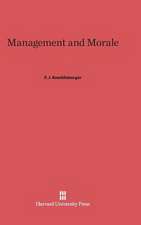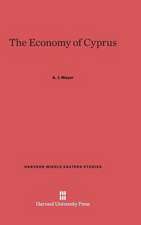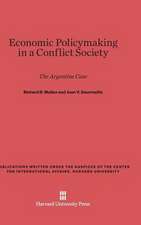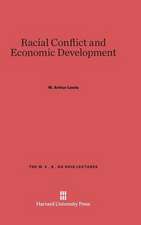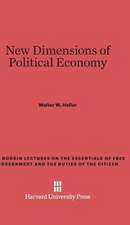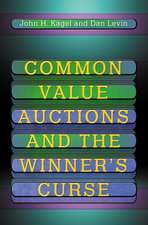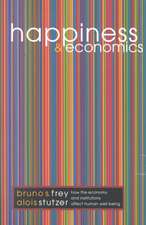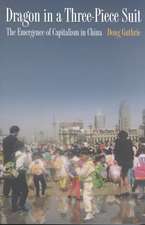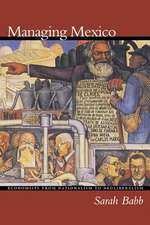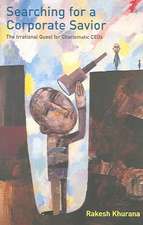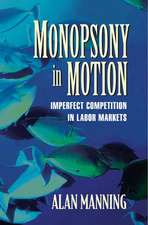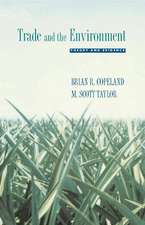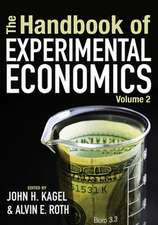The Handbook of Experimental Economics
Autor John H. Kagel, Alvin E. Rothen Limba Engleză Paperback – 8 mar 1998
Preț: 734.31 lei
Preț vechi: 953.65 lei
-23% Nou
Puncte Express: 1101
Preț estimativ în valută:
140.50€ • 146.71$ • 116.03£
140.50€ • 146.71$ • 116.03£
Carte tipărită la comandă
Livrare economică 15-29 aprilie
Preluare comenzi: 021 569.72.76
Specificații
ISBN-13: 9780691058979
ISBN-10: 0691058970
Pagini: 744
Ilustrații: 69 line drawings 73 tables
Dimensiuni: 154 x 228 x 47 mm
Greutate: 0.88 kg
Ediția:Revised
Editura: Princeton University Press
Locul publicării:Princeton, United States
ISBN-10: 0691058970
Pagini: 744
Ilustrații: 69 line drawings 73 tables
Dimensiuni: 154 x 228 x 47 mm
Greutate: 0.88 kg
Ediția:Revised
Editura: Princeton University Press
Locul publicării:Princeton, United States
Descriere
Presents a critical survey of the results and methods of laboratory experiments in economics. The first chapter provides an introduction to experimental economics, with the remaining chapters providing surveys in areas of economics that have seen a concentration of experiments: public goods, coordination problems, bargaining, and others.

